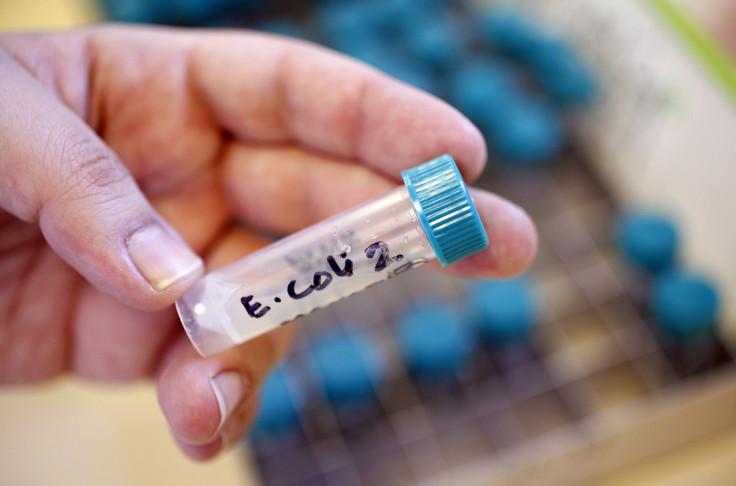LA Superbug Prompts FDA To Issue Final Guidelines For Proving Medical Devices Are Clean

Following two recent deaths and some 179 potential infections at one Los Angeles hospital due to contaminated endoscopic tools, the Food and Drug Administration (FDA) has set new standards of cleanliness for medical devices.
Under the new requirements, manufacturers will be expected “to conduct validation testing to show with a high degree of assurance that their cleaning and disinfection or sterilization instructions will consistently reduce microbial contamination,” the FDA stated in the new announcement. The efforts are being made in the wake of duodenoscopes suspected of carrying the superbug bacteria carbapenem-resistant enterobacteriaceae, or CRE, were found at Ronald Reagan UCLA Medical Center.
On a balance, the risk for health care-associated infection is admittedly low, and declining in the U.S. In the recent release, Dr. William Maisel, chief scientist at the FDA’s Center for Devices and Radiological Health, encouraged the general public to take the new guidelines as a step toward full transparency between manufacturers and the health care community at-large. “Doing so should provide greater assurance to patients that the devices used on them are safe and effective,” Maisel said.
The new recommendations outline six criteria manufacturers should follow to minimize the risks users will face when reprocessing, or reusing, their devices:
- Labeling should reflect the intended use of the device
- Reprocessing instructions for reusable devices should advise users to thoroughly clean the device
- Reprocessing instructions should indicate the appropriate microbicidal process for the device
- Reprocessing instructions should be technically feasible and include only devices and accessories that are legally marketed
- Reprocessing instructions should be comprehensive
- Reprocessing instructions should be understandable
Since the superbug scare at UCLA, other bacterial infections have cropped up around the country. Last week, Cedars-Sinai Medical Center in L.A. announced four patients also had been infected by CRE following their endoscopic procedures. And Hartford Hospital, in Connecticut, announced on the same day that 281 patients may have been exposed to a strain of E. coli through various procedures.
In May, the FDA will hold a public meeting on the recent cases of infection and discuss the ways in which the agency and medical device manufacturers can help reduce the spread.



























